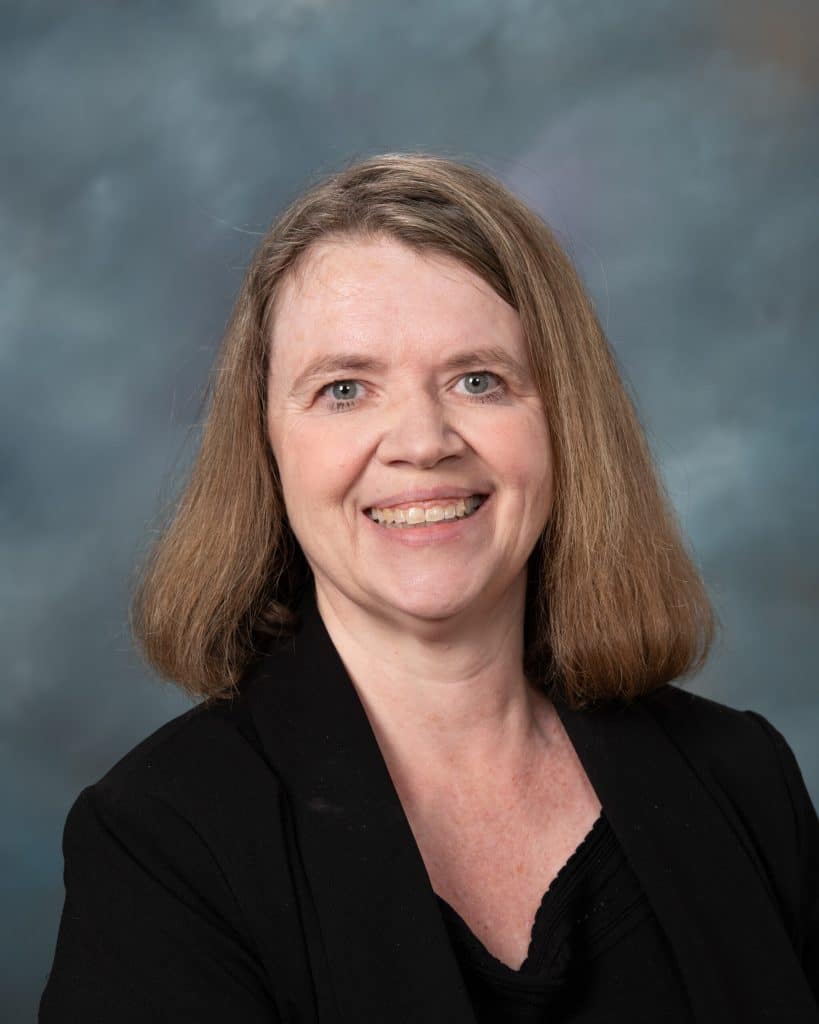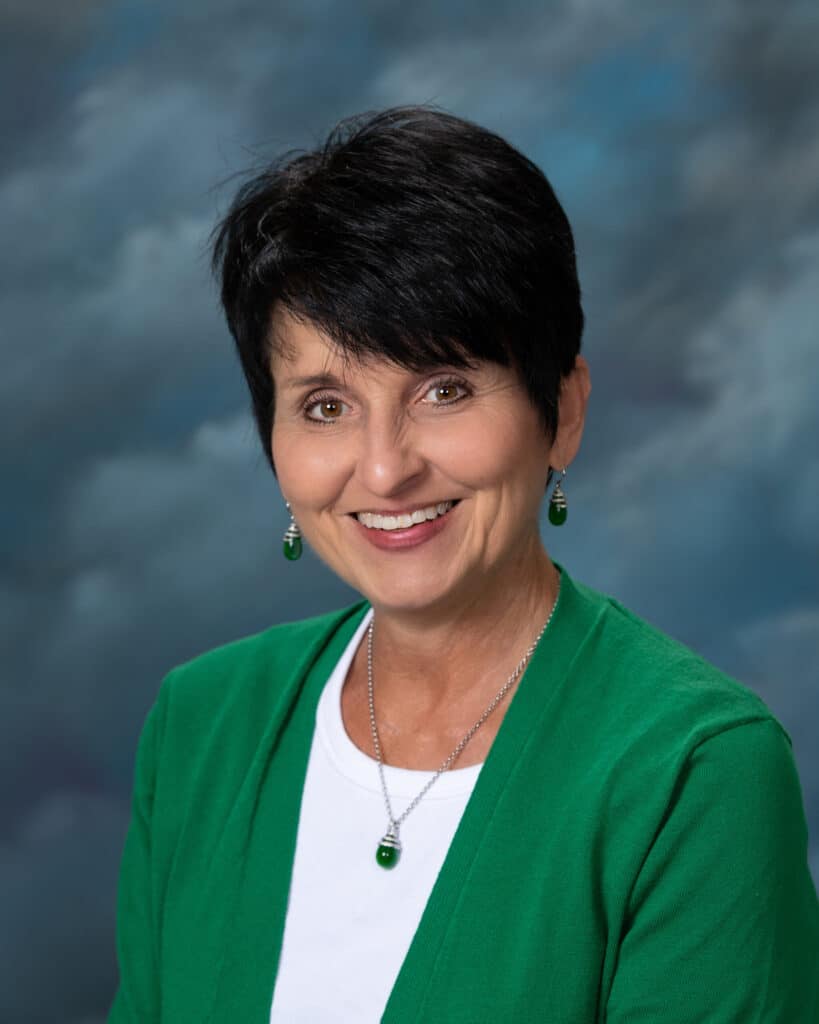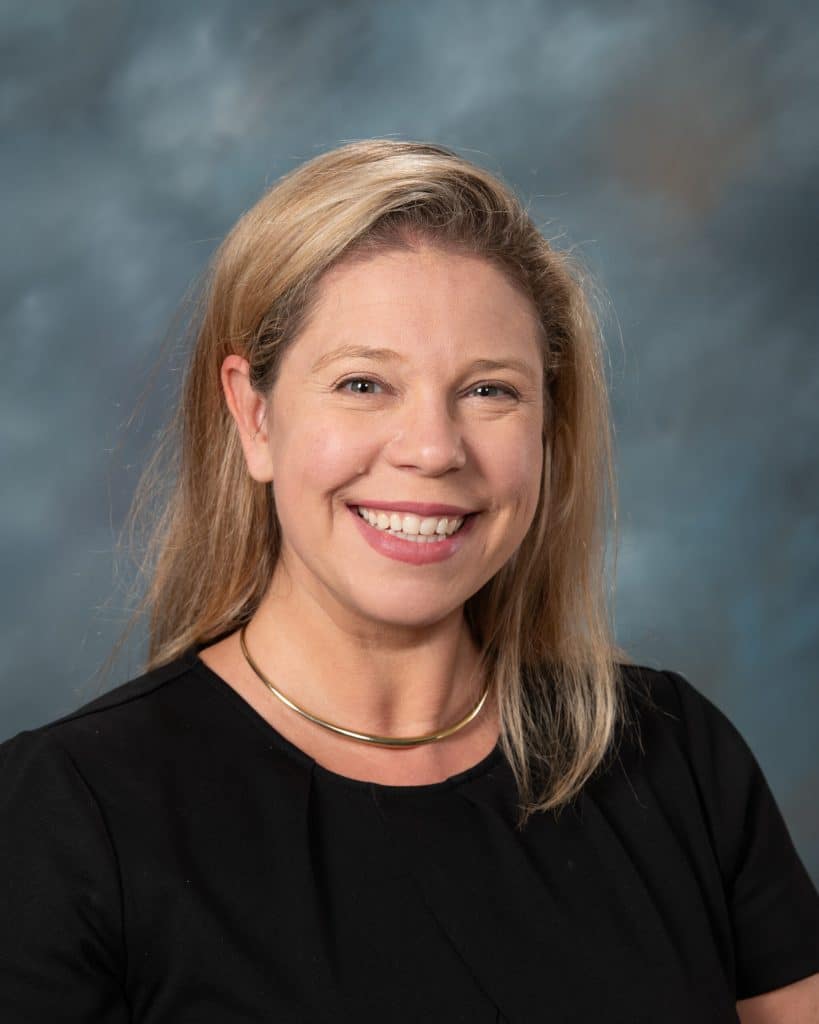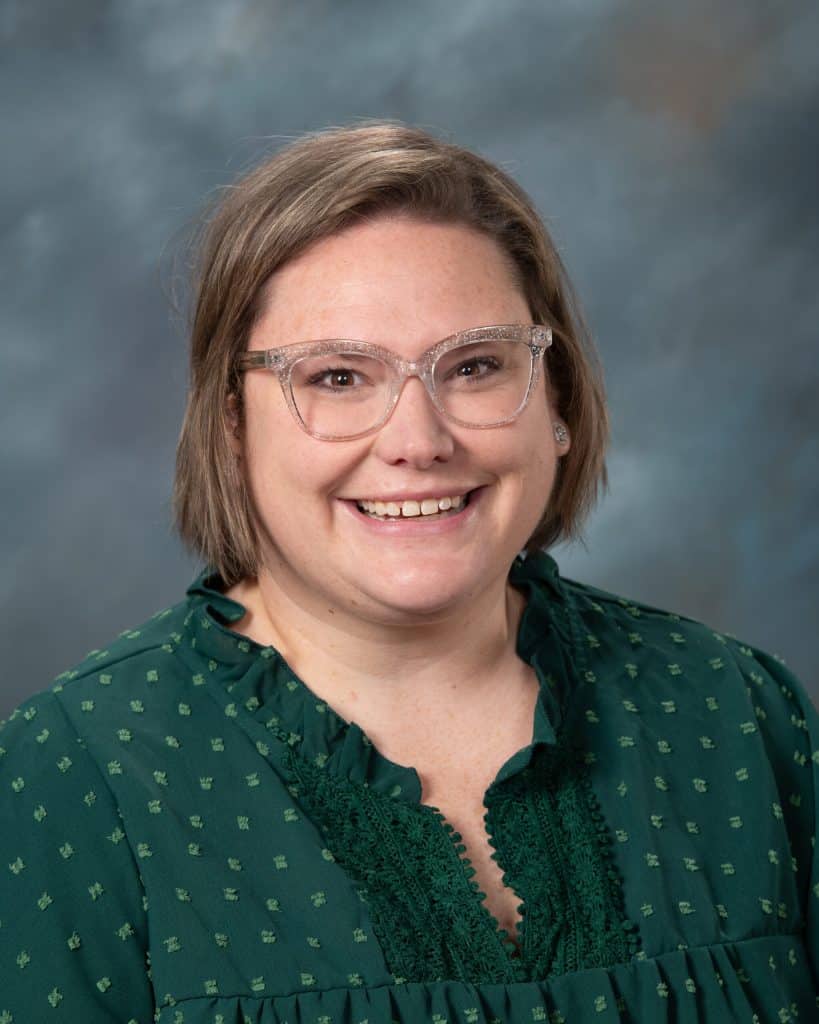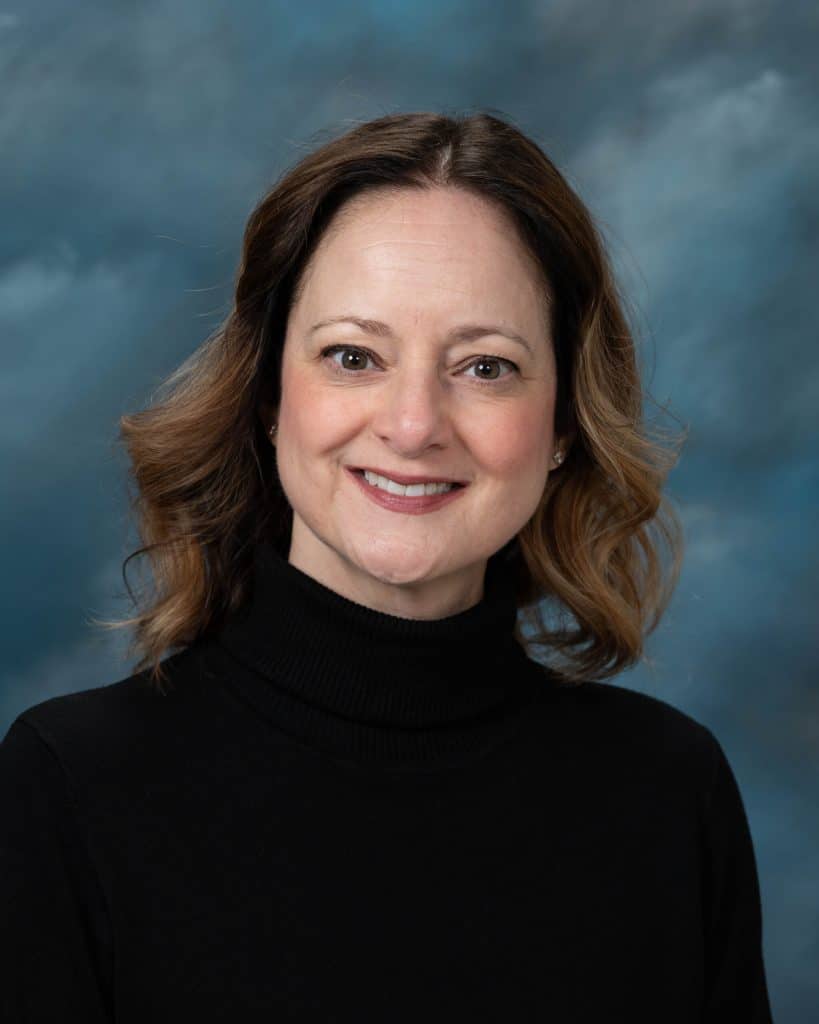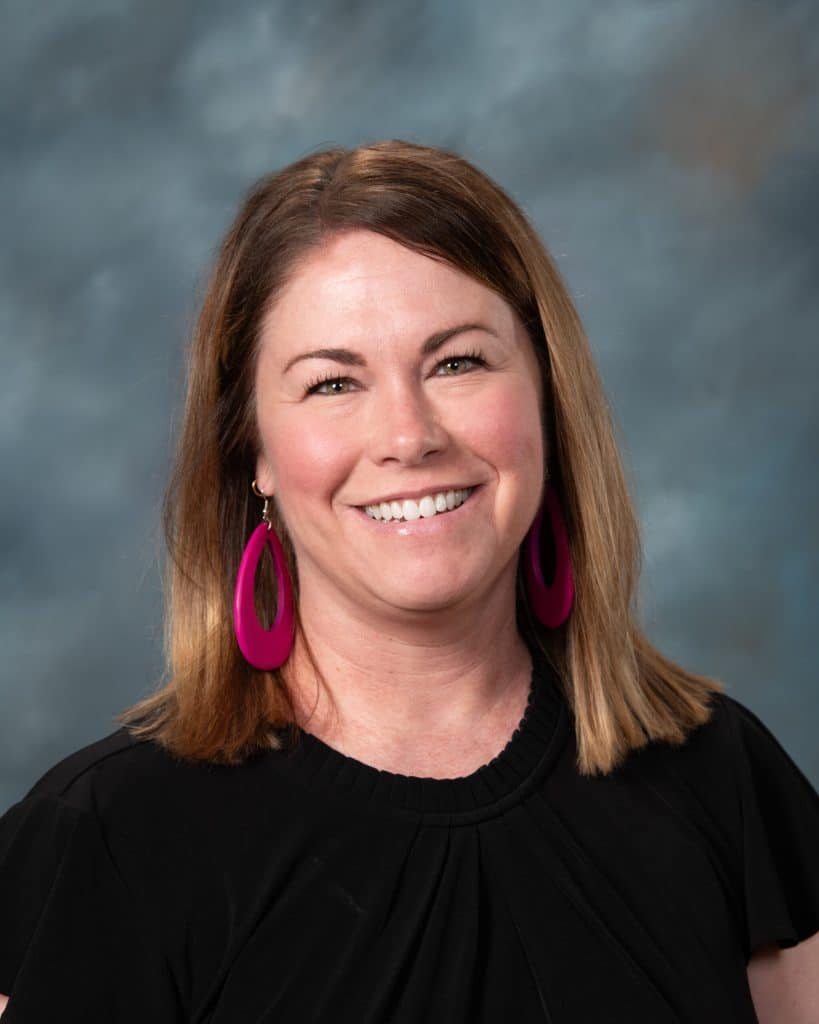Communication Sciences and Disorders

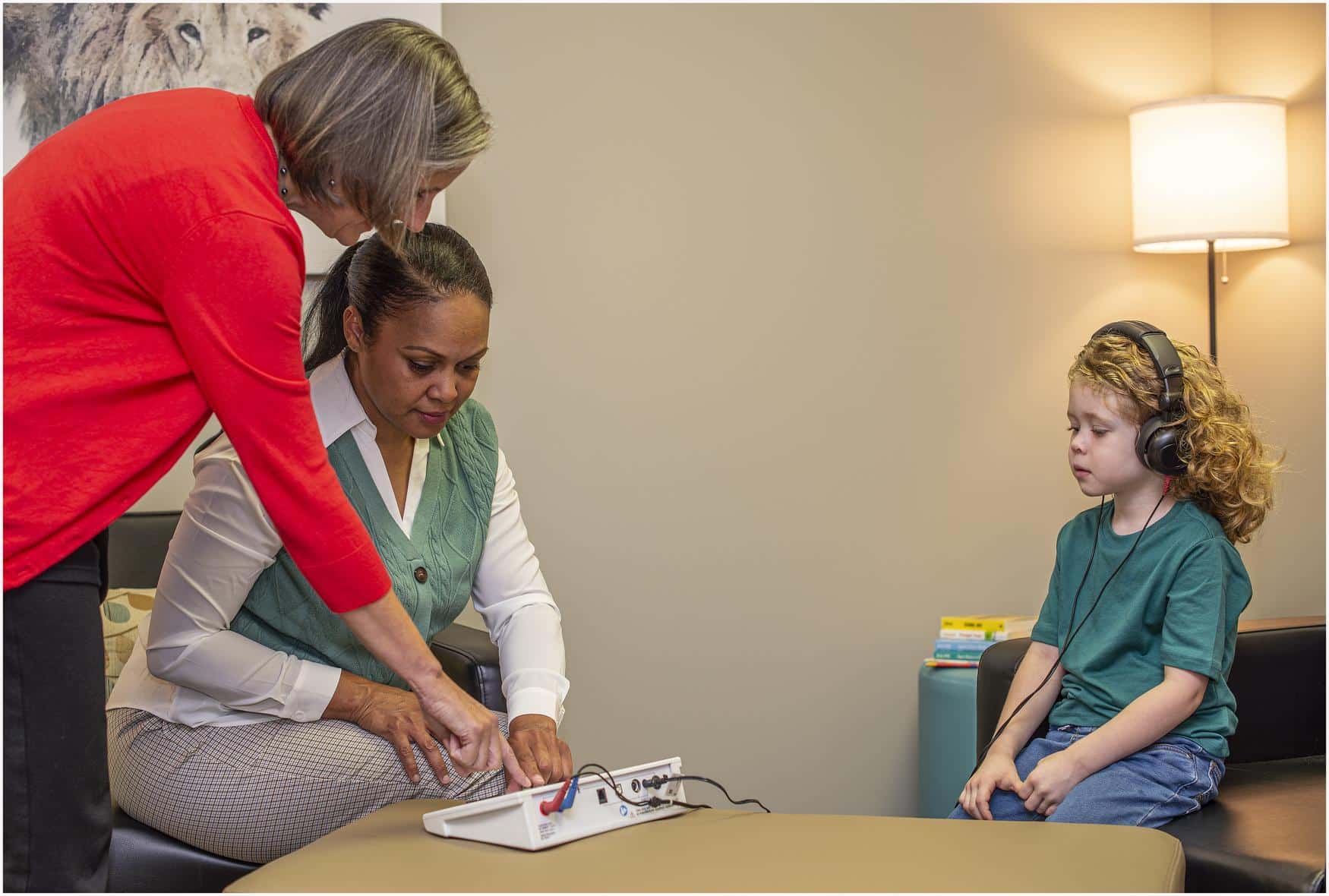
Why Pursue Communication Sciences and Disorders?
Trained communication sciences and disorders professionals help children and adults who have disorders of speech, language, hearing, and swallowing (also known as speech pathology). This rewarding career creates a better life for others, as professionals work to prevent, assess, diagnose and treat patients that may need assistance with speech, language as well as cognitive and social communication.
Nationwide, there is a shortage of speech pathologists. And over the next 10 years, it’s anticipated that speech pathology as a career path will grow 25%. With that in mind, understand that Piedmont offers a Bachelor of Science (BS) in Communication Sciences and Disorders as a pre-professional degree – which is a degree that prepares graduates to pursue additional education in Communication Sciences and Disorders or Speech and Language Pathology. A master’s degree is required to become a certified, licensed speech-language pathologist. And that is why Piedmont offers two paths to the Master of Science degree in speech-language pathology. One path is a BS/MS Integrated Program. The second path is for students who have completed a BS in Communication Sciences and Disorders and are seeking enrollment in a two-year MS program.
How a Piedmont Communication Sciences and Disorders Degree Helps You
- Learn how to make a difference for patients suffering from a frustrating and disruptive disorder.
- Gain the knowledge to become a licensed Speech – Language Pathologist (SLP).
- Practice your emerging skills at a clinic on Piedmont’s Demorest campus.
- Start and finish ALL your requirements to gain certification as an SLP – in one place.
Career Opportunities
A Communication Sciences and Disorders Degree from Piedmont opens doors and a wide range of professional pursuits. For instance, our graduates have gone on to build successful careers in:
A degree in Communication Sciences and Disorders lays the academic and clinical groundwork for a career in Speech-Language Pathology by providing a deep understanding of speech, language, hearing, and cognitive-communication disorders. It prepares individuals to assess, diagnose, and treat communication challenges across diverse populations.
A degree in Communication Sciences and Disorders prepares individuals for a career in Audiology by providing foundational knowledge of hearing science, auditory systems, and diagnostic procedures. It equips students with the skills needed to evaluate hearing loss and fit hearing devices for individuals across the lifespan.
A degree in Communication Sciences and Disorders supports a career in Linguistics by offering insights into the structure, development, and disorders of human communication. It provides a strong foundation in phonetics, syntax, and language acquisition—key areas for linguistic research and application.
A degree in Communication Sciences and Disorders is excellent preparation for a career in Speech-Language Rehabilitation, equipping individuals with the knowledge and clinical skills to help patients recover communication abilities after injury, illness, or developmental challenges. It combines theory and hands-on training to support effective, personalized treatment.
More About Communication Sciences and Disorders
Learn more about Communication Sciences and Disorders and the variety of options available to you as a Piedmont student.
Students must complete 121credit hours to achieve a BS in communication sciences and disorders (121 hours). This program of study is designed for students who are not eligible for the BS/MS integrated program or choose not to participate in the BS/MS integrated program. It emphasizes free electives so students can enrich their academic program by choosing a minor or concentration in an area of interest concurrent with completing prerequisite courses in CMSD.
At Piedmont, students pursuing a degree in Communication Sciences and Disorders will study the nature and development of our communication abilities – a central aspect of the human condition. Students will learn about communication disorders that involve impairments in hearing, speech, voice, resonance, fluency, swallowing and language processes. Courses also include education in language development, audiology and linguistics. With this broad academic preparation in the identification and treatment of communication disorders, students are well prepared to further their education and to become a licensed Speech – Language Pathologist (SLP).
Throughout the program, students will utilize their emerging skills at a clinic on Piedmont’s Demorest Campus – ranked America’s Safest Campus – where area residents will receive assessment and treatment while allowing students to gain meaningful and practical learning experiences. The clinic will also allow students to begin earning clinical hours that can be applied to their graduate degrees while still at the undergraduate level – another way Piedmont streamlines your experience.
Related Programs
Intrigued by communication sciences and disorders? You might also be interested in one of these programs:
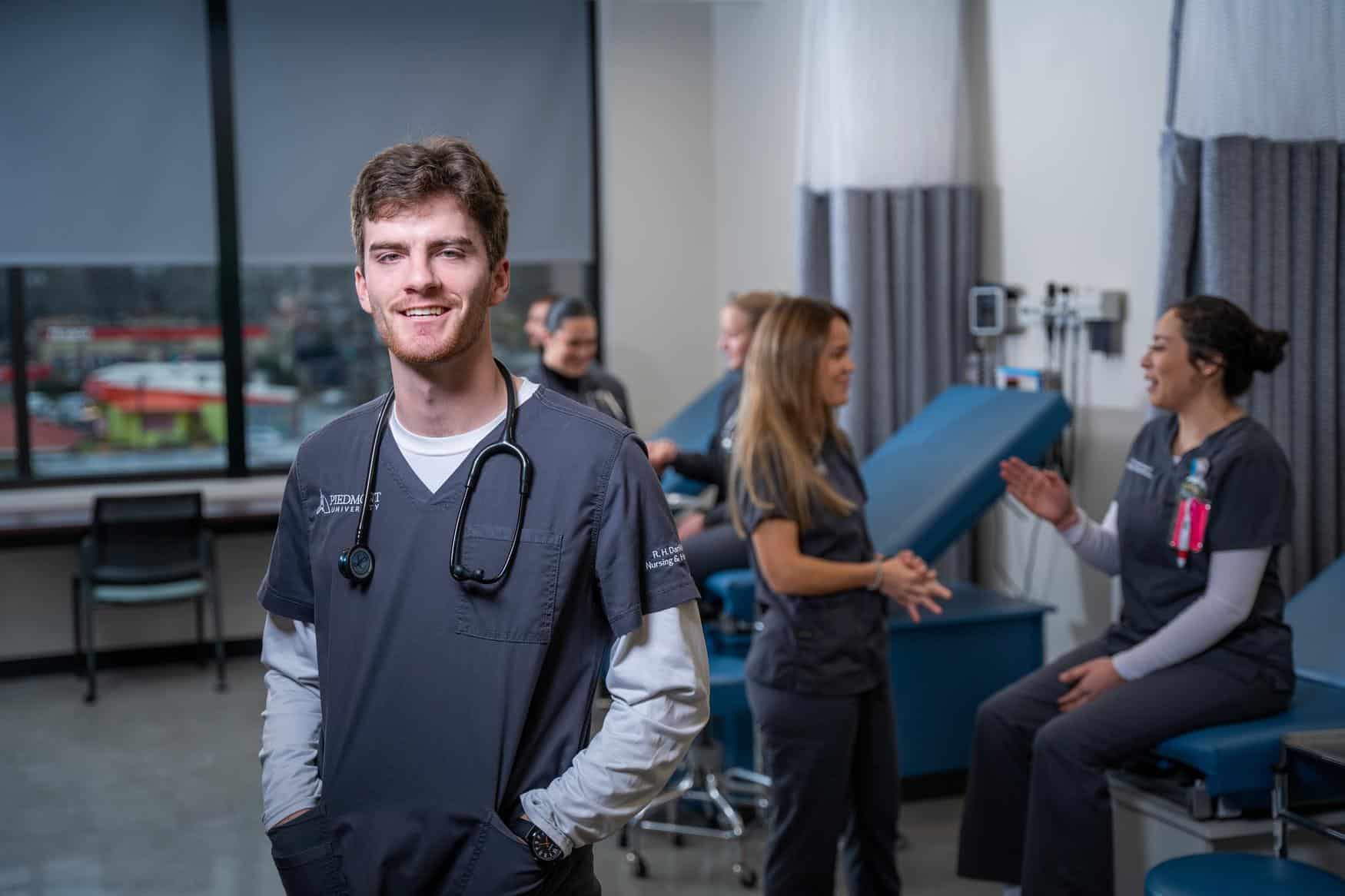

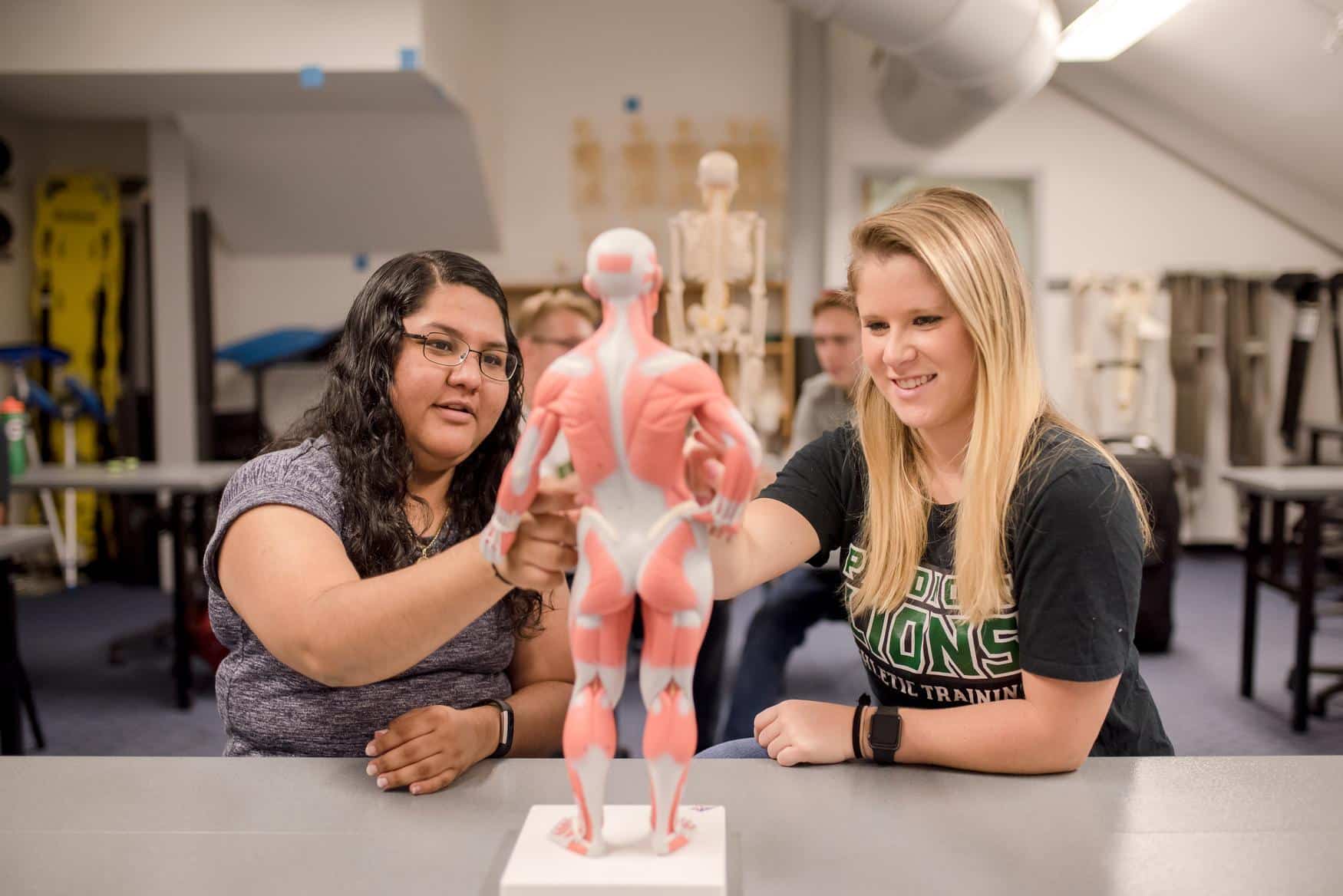
Where do I start?
To begin your journey toward becoming a Communication Sciences and Disorders student at Piedmont University, you can start by applying today! Or, schedule a campus visit and meet with admissions and financial aid advisors, as well as faculty members in Communication Sciences and Disorders.

